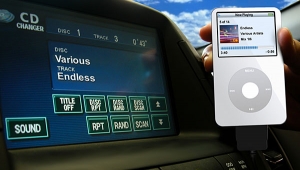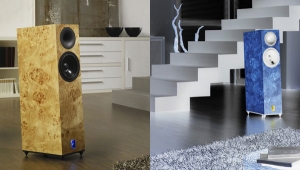| Columns Retired Columns & Blogs |
You can't trust your ears unless you have had a recent hearing test and know exactly what range of frequencies you hear. If you are getting older and your hearing cuts out at 5k or so, how can you judge different speakers? You would probably like one that has excessive highs.



























